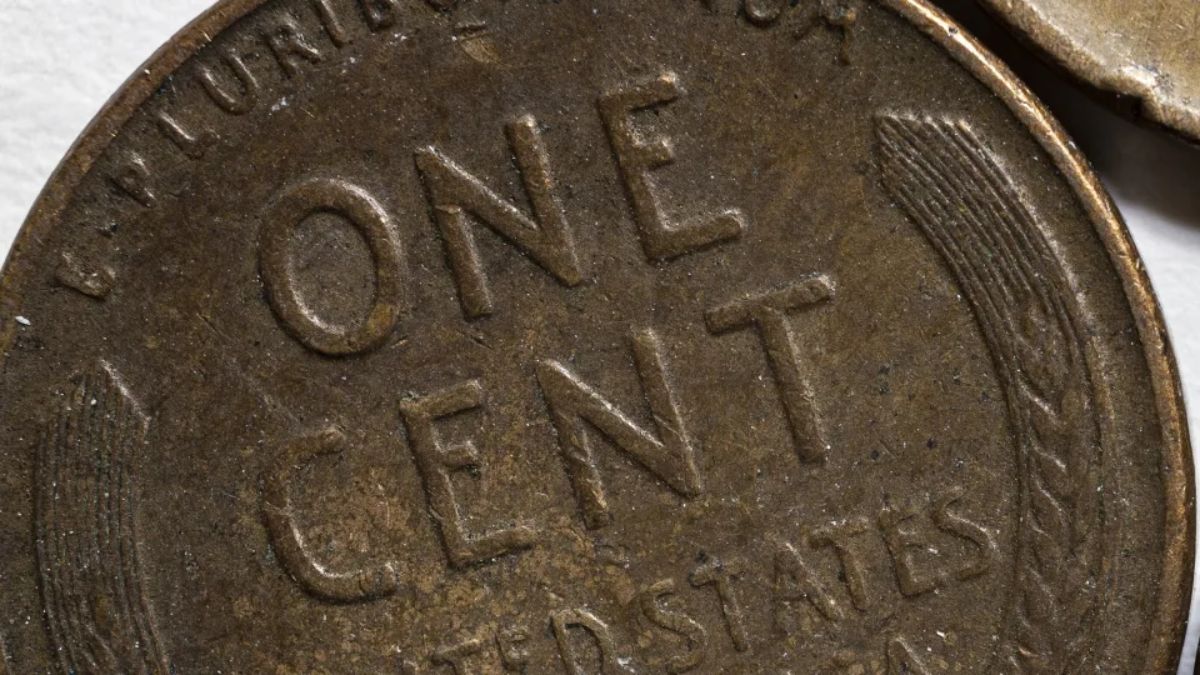Coin collecting is a captivating pursuit that blends history, art, and the potential for financial gain. Each coin carries a unique story from the time and place it was minted, providing an engaging way to connect with the past. However, like any collectible market, coin collecting has its challenges. Counterfeit coins and scams are common pitfalls, so knowing how to protect yourself is essential. This guide will help you find rare coins, steer clear of scams, and build a safe, enjoyable collection.
Where to Find Rare Coins
Starting your coin-collecting journey means knowing where to look. Several reliable sources can help you find rare coins, each with its benefits and drawbacks:
- Local Coin Shops:
These shops allow you to examine coins in person and often sell certified pieces. Knowledgeable staff can provide insights, and building a relationship with a trustworthy local dealer can give you access to exclusive finds. - International Dealers:
For coins from specific regions or historical periods, international dealers can be invaluable. Always verify their credentials and ensure they provide proper certification for high-value coins. - Auction Houses:
Reputable auction houses host events for rare, authenticated coins. With detailed descriptions and strict verification, they are a safe choice for collectors seeking high-quality items. - Online Platforms:
Websites like eBay and Amazon offer a wide selection but come with risks. Check seller reviews, request clear certification, and examine high-quality photos before purchasing.
Each of these sources has its pros and cons, so researching sellers and verifying a coin’s authenticity are critical steps before making a purchase.
The $990,000 Lincoln Penny: Lessons from the Market
In 2023, a 1920 Lincoln Wheat penny listed on eBay created a stir in the coin-collecting community. The seller claimed the coin, priced at $990,000, had ties to President Theodore Roosevelt and the Panama Canal.
However, the listing raised several concerns:
- The price was unreasonably high for a 1920 Lincoln penny, typically valued at $40.
- The seller’s historical claims lacked credibility.
- Selling such a rare coin on eBay rather than through a reputable auction house was unusual.
This example underscores the importance of thorough research and skepticism, especially when dealing with high-value coins.
Red Flags to Watch for When Buying Coins
Whether purchasing coins online or in person, be mindful of these warning signs:
- Poor Seller Reviews:
Avoid sellers with complaints about counterfeit or misrepresented coins. - Low-Quality Photos:
Listings with unclear or insufficient images are suspicious. Detailed photos are crucial for assessing a coin’s condition. - No Certification:
Always look for coins certified by reputable grading services such as PCGS, NGC, ANACS, or ICG. Certification ensures authenticity. - Unusual Pricing:
If a coin’s price seems too high or too good to be true, it probably is. Research the market value to avoid overpaying or being scammed.
Why Collect Lincoln Wheat Pennies?
The Lincoln Wheat penny, first minted in 1909, remains one of the most popular coins among American collectors. Featuring Abraham Lincoln on the obverse, its design was inspired by President Theodore Roosevelt’s admiration for artist Victor Brenner.
Collectors value these pennies for their historical significance and their connection to early 20th-century America. While most 1920 Lincoln Wheat pennies are worth around $40, rare or pristine examples can command higher prices.
Tips for Safe Coin Collecting
To make the most of your coin-collecting hobby and avoid common pitfalls, follow these guidelines:
- Research Thoroughly:
Learn about the coins you wish to collect, including their history, market value, and unique features. - Verify Authenticity:
Only buy coins certified by recognized grading services. - Vet Sellers:
Check the reputation of sellers, whether online or in person. Seek recommendations from experienced collectors. - Ask Questions:
If a seller is unwilling to provide additional information or photos, walk away. Transparency is crucial. - Trust Your Instincts:
If something feels off, it’s better to pass on the deal. - Join Collector Groups:
Engage with collector communities for advice and resources.
The Joy of Coin Collecting
Coin collecting is more than just a hobby—it’s a way to explore history and art. Collectors are drawn to coins for several reasons:
- Historical Value: Coins can reflect significant events or eras.
- Artistic Beauty: Many coins feature intricate designs and remarkable craftsmanship.
- Rarity: Coins with limited production runs or survival rates are highly coveted.
- Investment Opportunity: While not guaranteed, rare coins often increase in value over time.
The Lincoln Wheat penny, for example, is cherished for its historical and artistic appeal, as well as its connection to Abraham Lincoln.
Building Your Collection: Tips for Success
Starting a coin collection can be a fulfilling endeavor. Here are a few tips to guide your journey:
- Choose a Focus:
Decide whether you want to collect coins by era, country, or theme. - Start Small:
Begin with affordable coins to build your confidence and expertise. - Educate Yourself:
Read books, attend shows, and interact with seasoned collectors. - Invest in Tools:
Use a magnifying glass and coin guides to examine and evaluate coins. - Store Coins Properly:
Protect your collection with coin holders, albums, or display cases.
Technology’s Role in Coin Collecting
The internet has revolutionized coin collecting, offering access to global markets and resources. Collectors can research coins, join online forums, and purchase from international sellers. However, the digital age also presents risks, such as advanced counterfeits and scams. Staying cautious and digitally savvy is essential when buying coins online.
Conclusion
Coin collecting is a fulfilling hobby that offers a unique blend of history, art, and discovery. Whether you’re drawn to the Lincoln Wheat penny’s historical significance or the investment potential of rare coins, knowledge and caution are key to building a rewarding collection.
By researching, verifying authenticity, and avoiding scams, you can safely explore the fascinating world of coin collecting. Remember, each coin tells a story—and your collection is a personal journey through time, culture, and craftsmanship. Happy collecting!









